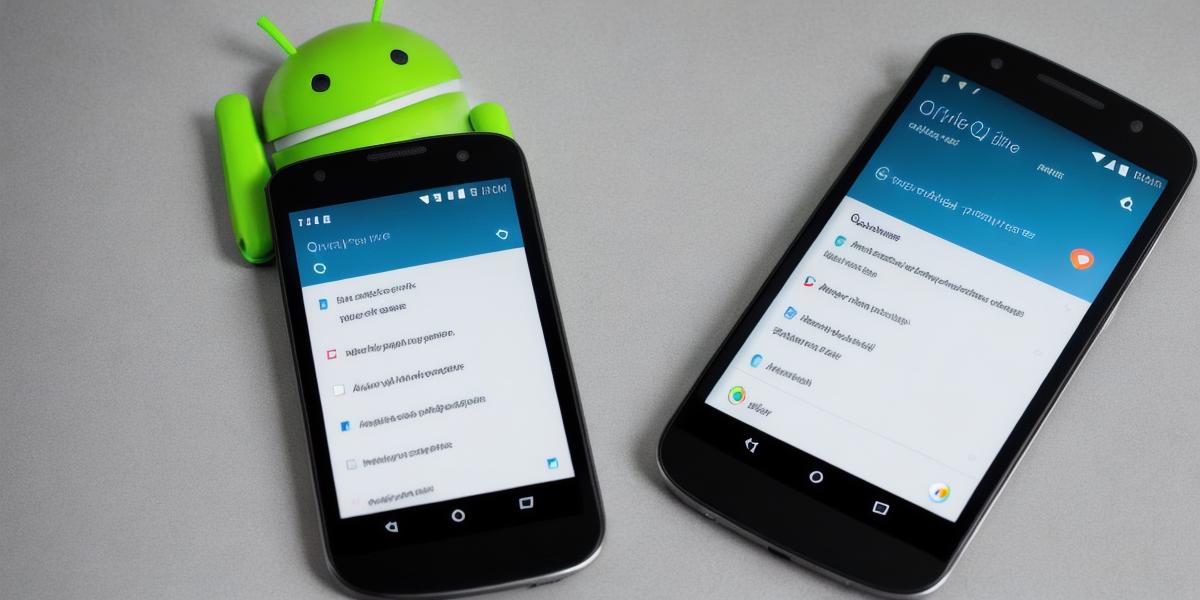Introduction:
Android development with Qt is gaining popularity as a viable option for mobile app development. Qt is an open-source framework that provides developers with a set of tools and libraries to create cross-platform applications for desktop, mobile, and embedded devices. In this article, we will explore the advantages and disadvantages of using Qt for Android development and determine if it is a viable option for mobile app development.

Advantages of Using Qt for Android Development:
- Cross-platform capabilities: Qt provides developers with the ability to create applications that can run on multiple platforms, including Android, iOS, Windows, and Linux. This saves time and resources as developers do not have to develop separate versions of their application for each platform.
- User interface design: Qt has a powerful user interface design system called QML (Qt Meta-Language). QML allows developers to create visually stunning applications with minimal code, making it easier for developers to focus on the core functionality of their application.
- Performance: Qt is known for its high performance, which makes it an excellent choice for mobile app development. Android devices are becoming more powerful, and Qt can help take advantage of these advancements by providing a smooth and fast user experience.
- Community support: Qt has a large and active community of developers who contribute to the framework’s development and provide support to other developers. This community also provides access to a wealth of resources, including tutorials, forums, and documentation.
Disadvantages of Using Qt for Android Development:
- Learning curve: Qt can be difficult to learn, especially for developers who are new to C++ programming. However, once developers become proficient in Qt, it becomes easier to create applications using the framework.
- Integration issues: While Qt provides a cross-platform development environment, integrating Qt with Android requires additional work on the developer’s part. Developers must configure Qt for Android and ensure that their application works seamlessly with the Android operating system.
- Limited support: While Qt has a large community of developers, it may not have as much support as other frameworks specifically designed for Android development. This can make it more difficult to find resources and assistance when needed.
- Compatibility issues: Some older versions of Android may not be compatible with the latest versions of Qt, which can limit the reach of an application developed using the framework.
Case Study:
One example of a company that has successfully used Qt for Android development is Nokia. Nokia’s MeeGo operating system was based on Qt and allowed for cross-platform development of applications for mobile devices. While MeeGo did not gain widespread adoption, it demonstrated the potential of using Qt for Android development.
Conclusion:
While there are both advantages and disadvantages to using Qt for Android development, the framework’s cross-platform capabilities, user interface design system, performance, and community support make it a viable option for mobile app development. However, developers should be aware of the learning curve, integration issues, limited support, and compatibility issues that come with using Qt for Android development. Ultimately, the decision to use Qt for Android development will depend on the specific needs and goals of the project.
